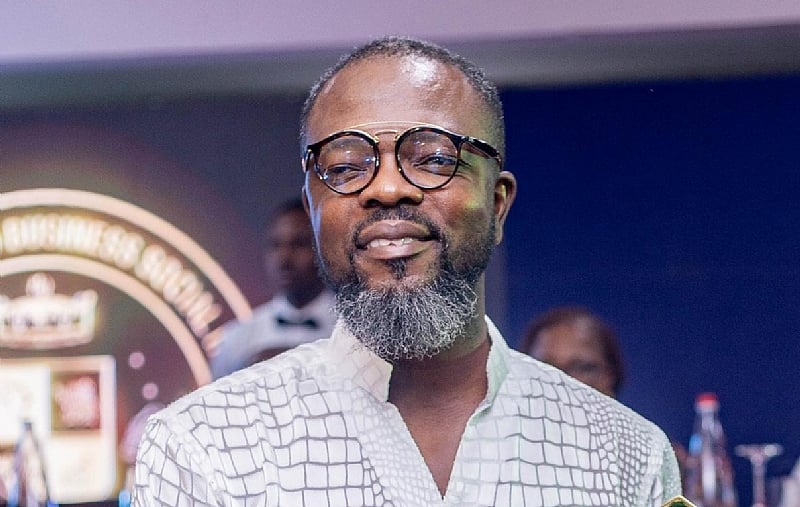The Otumfuo Millennium Excellence Awards, a prestigious ceremony held at the Manhyia Palace in Kumasi, served as a platform to celebrate individuals who have made remarkable contributions to Ghana’s national development. Among the distinguished honorees was Hon. Kofi Okyere-Darko, the Director of Diaspora Affairs, recognized for his significant impact within the creative economy. The event, graced by the presence of President John Dramani Mahama as the Special Guest of Honour, highlighted the importance of recognizing and encouraging excellence in various fields. Kofi Okyere-Darko’s recognition underscored his multifaceted career and his dedication to fostering growth and innovation within the creative sector. The presence of other notable awardees, including Kofi Kinaata, Dr. Osei Kwame Despite, Dr. Ernest Ofori Sarpong, and Dr. Nick Danso, further emphasized the breadth and depth of talent being celebrated.
Kofi Okyere-Darko’s journey, as he expressed in his acceptance speech, has been a testament to his passion and purposeful pursuit of excellence within the creative industry. Beginning in 1996, his career has spanned various facets of the creative economy, from radio broadcasting to music, fashion, film, and event hosting. This multifaceted experience has allowed him to gain a comprehensive understanding of the industry’s dynamics and contribute to its growth in diverse ways. His recognition by the Millennium Excellence Foundation, led by Nana Prempeh, and the Asantehene, Otumfuo Osei Tutu II, validated his dedication and impact, serving as a powerful motivator to continue pushing boundaries within the creative space.
The award, as Kofi Okyere-Darko eloquently phrased, is not just a personal achievement but a symbol of encouragement and a catalyst for further growth. He sees it as “fuel for the road ahead,” emphasizing the importance of continuous development and innovation within the creative economy. His commitment to building this sector with “heart, hustle, and heritage” underscores his belief in the power of creativity, entrepreneurship, and cultural preservation to drive national development. This perspective aligns with the broader mission of the Millennium Excellence Awards, which seeks to inspire excellence and promote positive contributions to Ghanaian society.
The ceremony at the Manhyia Palace, the seat of the Asantehene, added a significant layer of cultural and historical importance to the event. The Asantehene’s presence and patronage signify the recognition and support of traditional leadership for modern achievements and national progress. This blend of traditional authority and contemporary accomplishment creates a powerful synergy that promotes development across various spheres of Ghanaian society. The event thus serves not only as an awards ceremony but also as a symbolic representation of the collaborative effort between traditional and modern institutions to drive national progress.
Kofi Okyere-Darko’s expression of gratitude towards the Asantehene, Otumfuo Osei Tutu II, highlights the importance of mentorship and leadership in shaping individual trajectories. He acknowledges the Asantehene as his “life patron” and emphasizes the inspiring influence of his unwavering example. This acknowledgement reinforces the role of leadership, both traditional and contemporary, in fostering growth and inspiring future generations to strive for excellence. The recognition by the Millennium Excellence Foundation and the Asantehene’s presence underscore the collective effort to nurture talent and promote positive contributions to society.
The Otumfuo Millennium Excellence Awards ceremony effectively showcased the diverse talent and dedication contributing to Ghana’s national development. Honoring individuals like Kofi Okyere-Darko, with his rich experience in the creative economy, serves as an inspiration to aspiring creatives and entrepreneurs. The event’s focus on recognizing achievement, promoting innovation, and celebrating contributions across various fields reinforces the importance of collective effort in driving national progress. Furthermore, the involvement of traditional leadership, represented by the Asantehene, strengthens the link between cultural heritage and contemporary advancements, creating a powerful narrative of continuity and progress.


